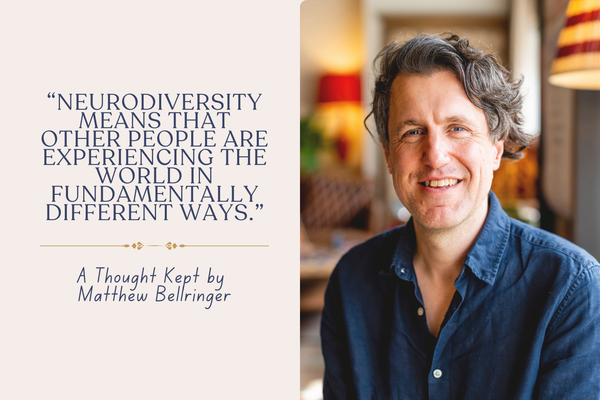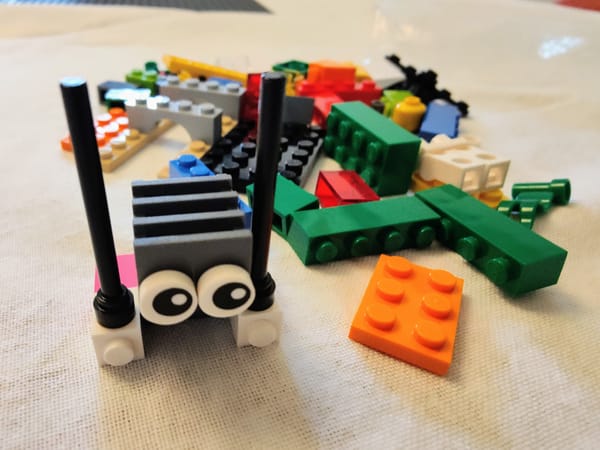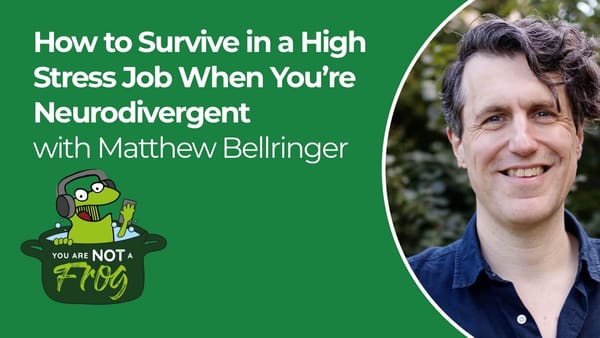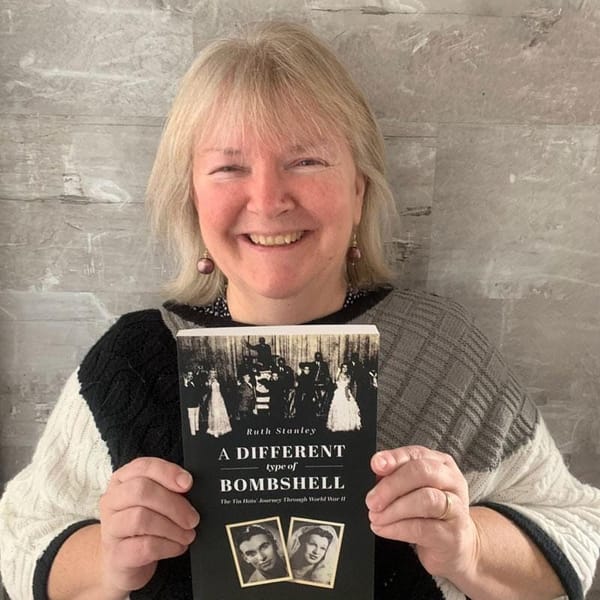
We often miss the most profound aspect of neurodiversity - that others may be experiencing their lives utterly differently to our own, and we may not even know it.
I had a lovely conversation about this and much more on the "A thought I kept" podcast with Claire

As you know if you've been following me for a while, I don't manage to post as often as people tell me I should. Honestly, I often struggle to come up with a reason that feels worthy of adding to the overall clamour of our inboxes

I have a tricky relationship with the idea of productivity. The way I get stuff done just doesn't look 'productive' to a lot of people. I still find it hard to stick to what I know works for me, not what I feel like I should

Resilience is something I have a deeply ambivalent relationship with. It's both really important, and something I've seen actively used against people at work.
In this Dr Miriam and I talk about how it's used by and against different people. Amongst other things we

It's the second episode of Neat, Plausible and Wrong, and we're moving into controversial territory here, so pitchforks at the ready.
This episode of is about how personality types are used in the workplace. In it, Dr Miriam and Matthew talk about all of your most

Mark Steadman invited me onto his (amazingly produced, and very useful) podcast Undo to talk about, well, quite random things. He edited an hour of long, rambling conversation into a tight episode about getting stuff done when your brain doesn't always work like other peoples'. You can

This is the first episode of a short video series called of Neat, Plausible and Wrong. We're starting with a big one for business psychology; Maslow's Hierarchy of Needs. In it, Dr. Miriam and I talk about this hugely influential theory of motivation.
By the end

I noticed that a lot of the advice out there for autistic people or ADHDers at work doesn't really help if you're both. Hel Straker had noticed this too, so we've got together to do something about it.
To get us started, and go

Fixing language barriers for neurodivergent people
I recently helped an organisation make the language in an assessment more accessible to neurodivergent people. This got me thinking about the idea of neuro-accessible language, particularly in situations where an instruction is being given. It's an an area that's

In case you missed it the first time around, this is a replay of one of the most popular podcast episodes I've done. It's even made its way to Australia! In it, I'm interviewed by the fab Rachel Morris about being neurodivergent when you&

If you're anything like me you have a slightly odd relationship with creativity. It's something other people often tell me is big part of what I do, but I don't really feel "creative". A lot of the time I'm just

Burnout is a big problem for many neurodivergent people. It can show up in unexpected ways, and existing approaches don't always address the underlying causes. In this livestream I talk about:
- How neurodivergent burnout shows up, and how it's different
- The reasons why burnout

One of the biggest challenges neurodivergent people face, both in our work and personal lives, is being properly understood by others. This is particularly true when we have autism and/or ADHD. In this livestream I talk about:
- The different ways this difficulty shows up and how it affects

A few weeks ago I had a really interesting conversation with Arash Andalibi-Abadan for his podcast, DisabilityPlatform. We talk about neurodiversity, work, tech, and the effect of 'invisible' disabilities.
You can find the podcast version of this, and other episodes of Disability Platform, on the podcast page.

There's been some good progress made on neurodivergent recruitment, but it's not always a good thing to be recruited into somewhere you're not supported. In this livestream I talk about:
* Why workplace neurodiversity goes beyond recruitment
* The practical and structural barriers neurodivergent people face,















